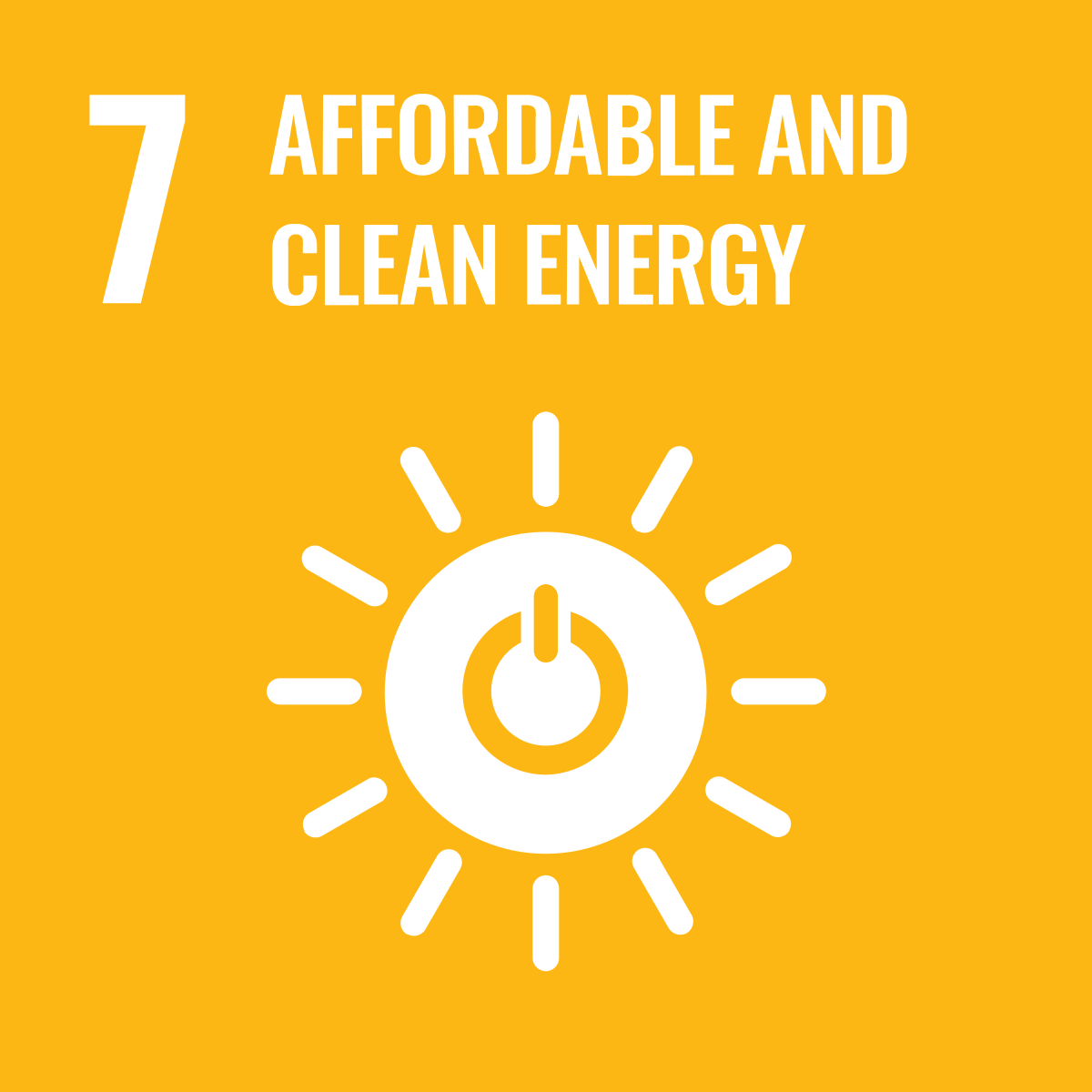The Biogas Stoves Project implemented by the Alternative Energy Promotion Centre (AEPC) provides rural communities with biogas cookstoves.
The Biogas Stoves Project implemented by the Alternative Energy Promotion Centre (AEPC) provides rural communities with biogas cookstoves.

The W+ Standard measured the time saved for 7,200 rural Nepalese women in Kavre and Sindhuli districts who replaced their wood-generated stoves with biogas stoves, relieving them of the need to collect fuel wood from the forest. Before bio-gas systems, women in these communities spent several hours each day gathering and processing fuel wood in the forest for cooking. The shift to biogas not only transformed women’s lives, relieving them of the need to collect fuel wood from the forest, but also reduced the pressure on forests. Women now have the opportunity to pursue income generation, community leadership, and leisure and self-improvement activities.
31.1% increase in Time savings
Women use a share of this time to benefit their community, including taking care of children and the elderly, planting vegetable gardens and cash crops, participating in community decision making and having leisure time. These actions increase their resilience to weather-related risks: a diversified food supply reduces the risk of total harvest loss, additional income generation increases the means to respond to burden of disease resulting from changed weather, participation in community organizing activities allows for better planning for risk reduction and leisure time might increase women’s access to media, thus increasing their awareness of community relevant risks.



